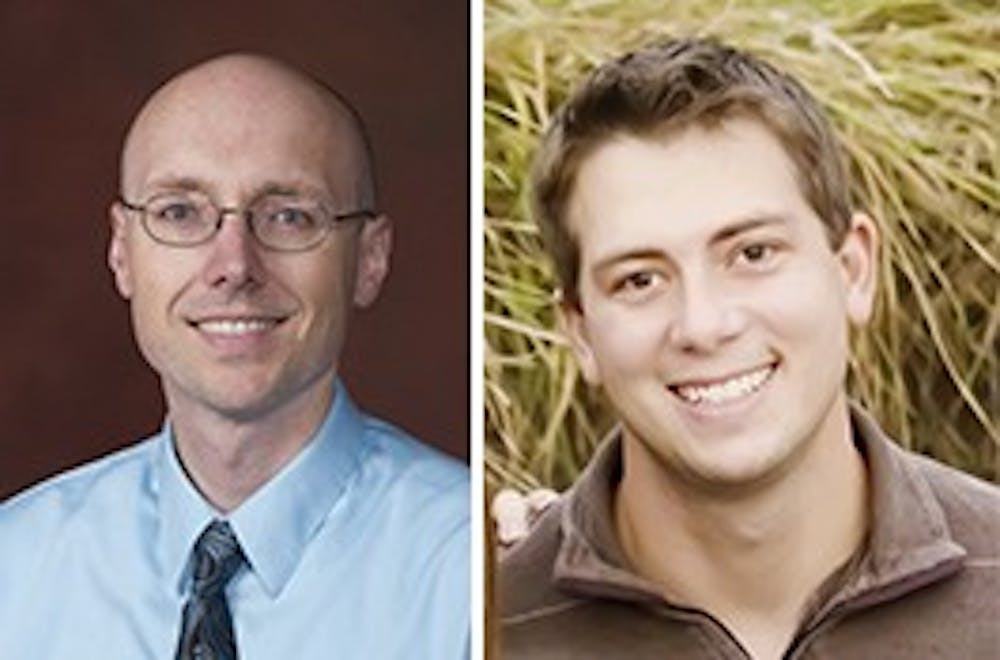 |
 |
|---|---|
Marriage plays an important role in the future of young adults, according to a recent study co-authored by a Ball State professor.
Published in the Journal of Psychology, the study concluded that young adults expected marriage to be more important to their lives than parenting, careers or leisure activities.
Ball State professor of family and consumer sciences Scott Hall and Brian Willoughby, a professor in the College of Family, Home and Social Sciences at Brigham Young University, co-authored the study together. In 2013, 517 primarily single Ball State students were surveyed within the age range of 18 to 29.
“Marriage is kind of a hot topic in terms of differences in how it’s evolved a bit over the years,” Hall said. “We are interested in trying to understand what people are expecting, wanting and maybe what is affecting the trend.”
The security and status of the commitment that marriage brings is a general interest to most people, according to the study.
Hall and Willoughby have worked together on several projects, focusing primarily on what college students and young adults think about marriage.
“The reason why we wanted to focus on that specific population is that’s where we’ve seen a lot of change the last 20 or 30 years,” Willoughby said. “There is a lot of cultural change and behavioral change; ... they’re putting off marriage.”
Sophomore accounting major Alyssa Potts said she does not believe that marriage is an important role in her future. She believes that society has made the role for women to just get married and have kids.
According to the study, an increasing amount of minorities do not put as much emphasis on marriage. Willoughby said marriage rates in African Americans have been declining. He said it’s not necessarily because they devalue marriage, but because it is held on a pedestal and they think they cannot achieve it.
The study also showed that women and young adults with strong religious beliefs were more likely to place a high value on marriage. As well, participants with higher values of marriage had a stronger belief that marriage takes effort. In turn, stereotypical gender roles are enforced.
“We know that people, when they think of marriage, they think of a transition into adulthood,” Willoughby said.
He said the study, as a result, shows that subjects with higher values of marriage were less likely to binge drink and use alcohol in general. Less pornography is consumed, and they were less sexually permissive while being more child-centered.
A push for same-sex marriage has reinforced the overall value of being married, according to the study.
“Whenever you have a group of people wanting access to something, if someone else preserves it as valuable, maybe its push for recognition has interestingly enough been pushed by people who were most against marriage,” Hall said. “It wouldn’t surprise me if the push reinforces, ‘If someone sees it as valuable, I guess it's more evident.'”
There have been about 100 people who participated in the study follow-up a year after it was conducted. The follow-up was to demonstrate how stable their views remained over a period of that time.




